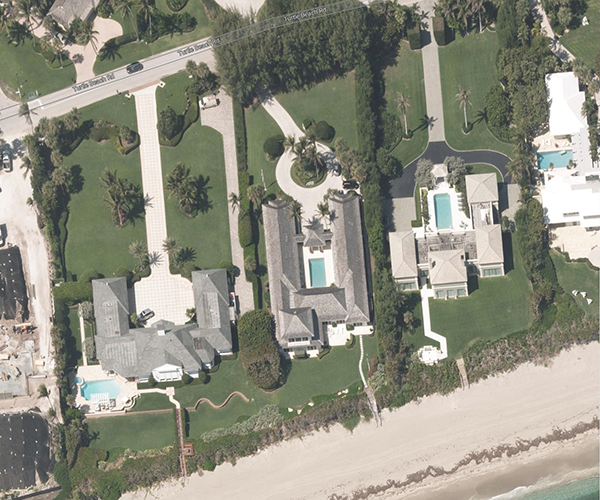Body-worn cameras are here. Cleveland's five police districts will soon be equipped with 375 glasses cameras and 1,125 body cameras from Taser International. Taser was chosen for ease of use, says Sgt. Todd Melzer, who heads the unit in charge of the cameras. "We wanted to make it as simple as possible," he says. "When you're in the heat of the moment, I don't want them to have to stop and think about the camera." We chat with Melzer about the inner workings of these new eyes on the streets.
When is recording required?
When officers engage in a law enforcement action, such as a traffic stop or alarm response, they must record the entire event from start to finish. Citizens can request that officers not record in private settings such as houses. Other interactions are left up to officer discretion. "If somebody stops and wants directions, they don't have to turn it on," says Melzer. "But they can if they want to."
What kind of training is being given?
Officers go through a four-hour training course, which deals with the hardware, evidence.com and police policies. As of April 10, only the Fourth District had gone through training. "A lot of [officers] have been in incidents where they've said, 'I'm glad I had my camera,' " says Melzer. "We have over 30,000 clips of video, so they're out there using them."
What's to stop an officer from simply not recording?
Supervisors are required to randomly review at least one hour of footage per week. Melzer's unit randomly reviews at least four hours of footage weekly. Initially, lapses in recordings are common. "We would see that this guy has no downloads," says Melzer. "In the pilot [program], we caught that a few times." But pressing the event button gradually becomes habit.
r />



